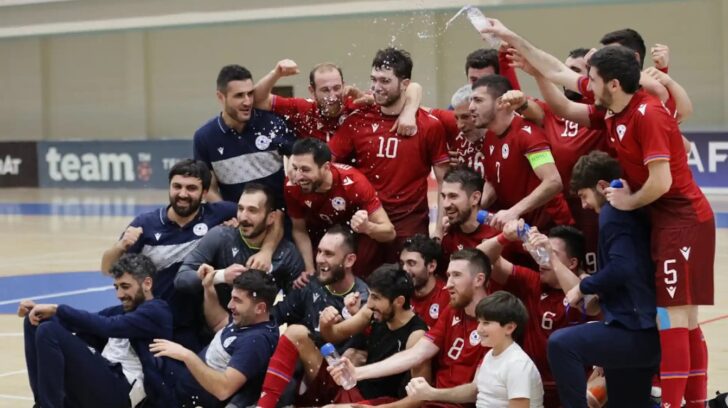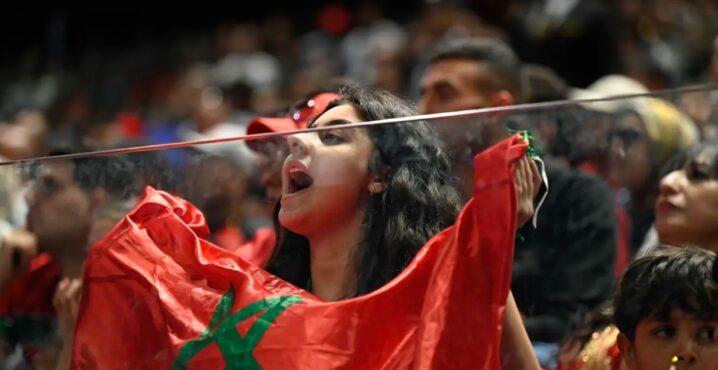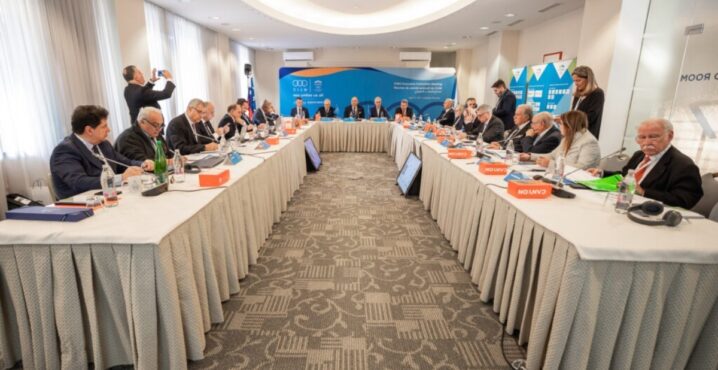Estimated reading time:5 minutes, 10 seconds
How New Regulations Changed Squad Strategies and Opened the Door for New Success Stories Like Armenia
Editor’s note: This article was developed in response to a Futsal Focus follower’s question about UEFA Futsal EURO 2026 eligibility changes.
As UEFA enforces stricter eligibility rules ahead of the Futsal EURO 2026 finals, national teams have had to rethink their strategies — with major consequences. The new regulations, requiring naturalized players to have at least five years of domestic league experience, sidelined key stars like Armenia’s Brazilian-born veterans and reshaped squad selection across Europe. In this deep dive, we explain the new rules, reveal which countries still rely on naturalized players (and from where), and explore how these changes will impact national team planning for years to come.
(Main picture: Armenia celebrating qualification to the UEFA Futsal EURO 2026 finals in Lithuania and Latvia – source of the image: sportaran.com)
New Eligibility Rules Explained
Ahead of UEFA Futsal EURO 2026, eligibility regulations were tightened: naturalized players must now have played at least five consecutive years in the domestic league of their adopted country before becoming eligible for the national team. This move aligns futsal more closely with FIFA’s updated eligibility criteria introduced in 2020.
Previously, nations could naturalize players more quickly, often relying on citizenship alone without significant ties to their futsal ecosystem. Under the new rules, quick fixes are no longer possible; long-term commitment to a country’s futsal scene is essential. The era of national teams being dramatically boosted by late-stage Brazilian imports appears to be drawing to a close.
Armenia: A Case Study in Adaptation
No team felt the effect of the new rules more keenly than Armenia. Historically relying on several Brazilian-born players, Armenia was forced to leave out key stars, including world-class goalkeeper Luan Müller, who had not yet completed five years of domestic play. Despite this setback, Armenia qualified for their first major futsal finals, topping a group that included heavyweights Kazakhstan.
Head coach Ruben Nazaretyan praised his squad’s resilience: “We are not going to EURO 2026 just for the sake of participation. We are not going there to be easy prey for other teams. Today, we defeated the second-best team in Europe—that says a lot. We are ready for more, and we will prove it at the European Championship!”
He also reflected on the broader journey: “Over the last six years, we have done enormous work to ensure that such issues do not hinder us. In any case, all the Brazilian players who have played for Armenia have become part of our family. Without them, we probably wouldn’t have achieved such success. Our players trained with them, played alongside them, and learned a lot from them. We are grateful to the Brazilians, but today I am especially proud of those who played in the last matches. They believed in us, in our project, and went all the way with us to achieve this success.”
The achievement was built on investment in local development and recruiting players from the Armenian diaspora, a testament to the opportunity the new regulations offer for countries investing in sustainable pathways. Furthermore, this success has moved the nation in to 20th place in FIFA’s world futsal rankings.
Naturalized Players in the UEFA Futsal EURO 2026 Qualifiers
With the new regulations in force, most qualifying squads were composed of homegrown talent.
To understand the scale of the shift, it is helpful to look back. During UEFA Futsal EURO 2022, several national teams heavily relied on naturalized players: Kazakhstan fielded up to 4 Brazilian-born players, Italy regularly included 3 to 5, Azerbaijan featured 4, and Georgia had 2. The stark reduction in naturalized player usage for the 2026 cycle clearly illustrates the major impact of the five-year residency requirement.
Here’s a breakdown of the 2026 qualifiers:
- Armenia: 0 naturalized players. Previously naturalized Brazilians ruled ineligible.
- Belarus: 0 naturalized players.
- Croatia: 0 naturalized players.
- Czechia: 0 naturalized players.
- France: 0 naturalized players (though some players of immigrant descent).
- Latvia (Co-host): 0 naturalized players.
- Lithuania (Co-host): Approx. 2 Brazilian-born players naturalized prior to 2021.
- Poland: 0 naturalized players.
- Portugal: 0 recent naturalized players; all homegrown.
- Slovenia: 0 naturalized players.
- Spain: 0 naturalized players; fully domestic squad.
- Ukraine: 0 naturalized players.
While the 12 direct qualifiers showed little reliance on naturalized players, upcoming playoff participants like Italy, Kazakhstan, and Georgia have traditionally fielded Brazilian-born players who now comply with the five-year rule due to long-term residency.
Strategic Implications for National Teams
The stricter eligibility standards have reshaped strategic planning:
- Focus on Domestic Development: Countries must prioritize youth systems and grassroots futsal to build competitive squads.
- Long-Term Naturalization Planning: If targeting foreign-born talent, federations must integrate them early and ensure sustained domestic league participation.
- Retention of Long-Standing Naturalized Players: Veterans like Kazakhstan’s Leo Higuita and Italy’s Alex Merlim remain valuable assets due to their compliance with the new criteria.
- Leveling the Playing Field: With quick naturalizations curtailed, emerging nations like Armenia can compete on more even terms with traditional powerhouses.
Looking ahead, UEFA’s new eligibility rules are set to leave a lasting mark on futsal’s competitive landscape. Teams can no longer rely on fast-tracking foreign-born stars but must cultivate homegrown or truly integrated talent. Armenia’s historic qualification without naturalized players exemplifies the opportunity these regulations create. As teams plan for future cycles, strategic foresight and investment in local ecosystems will be more critical than ever, promising a more balanced and genuinely representative European futsal scene.
Organ Donation
Futsal Focus is a supporter of Dáithí Mac Gabhann and his family’s campaign to raise awareness of Organ Donation. We encourage our readers to learn more about Organ Donation: https://www.organdonation.nhs.uk/
Futsal Focus
You can read more articles about International Futsal by going to the top navigation bar or by clicking here
If you like this article and would like to keep updated on Futsal news, developments, etc. You can now follow Futsal Focus via Google News. By following our page which will send you an alert as soon as we publish an article. Please click here and follow us on Google.
You can also keep updated on Futsal news, developments by submitting your email below in the Subscribe to Futsal Focus option.
Follow Futsal Focus by clicking on Facebook, Twitter, or Instagram or on the social media buttons on the website



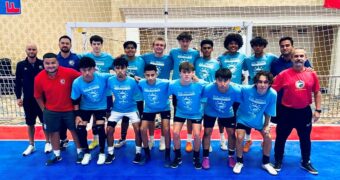



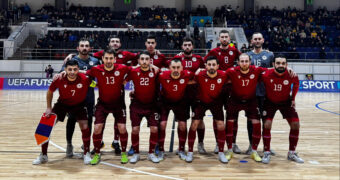
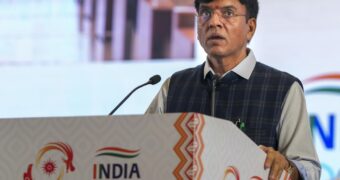
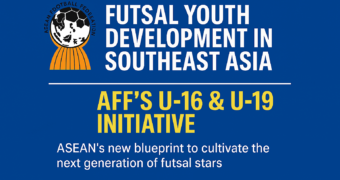






![Validate my RSS feed [Valid RSS]](https://www.futsalfocus.net/wp-content/uploads/2020/01/valid-rss-rogers.png)

